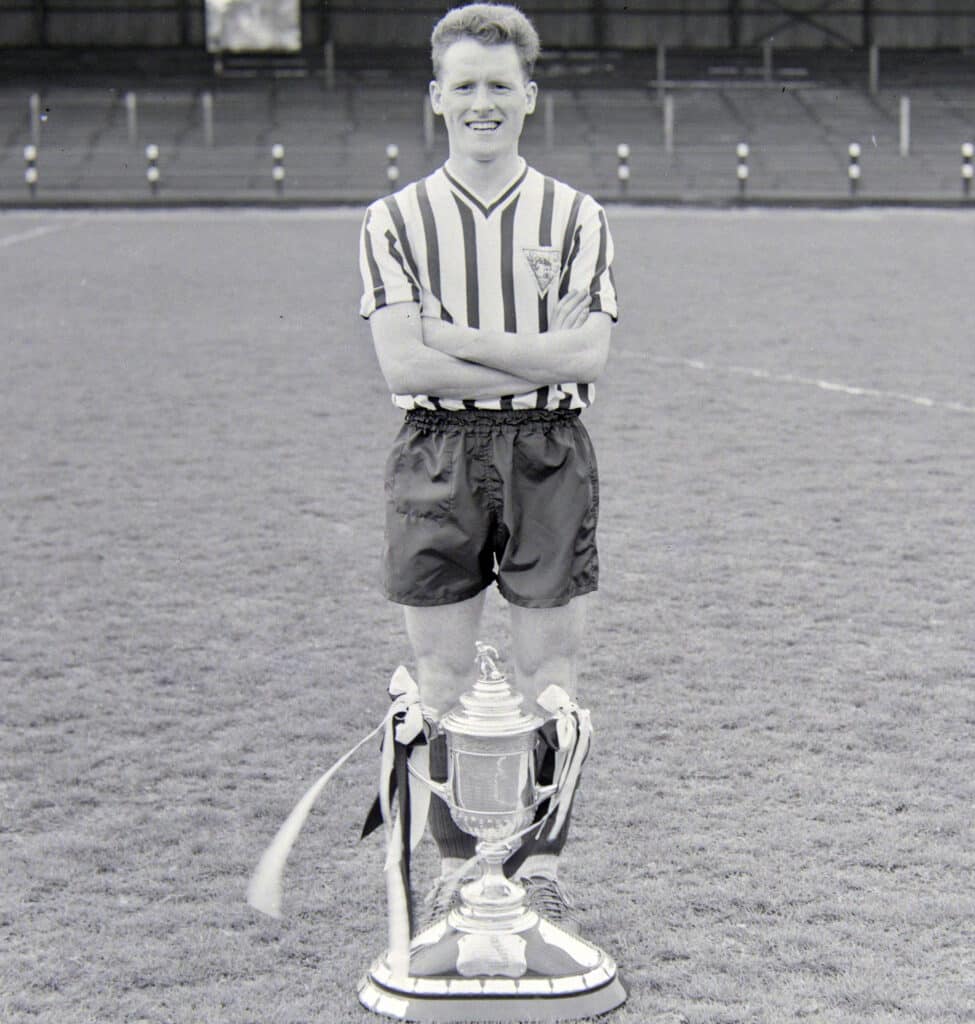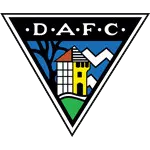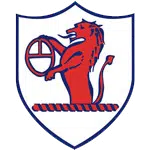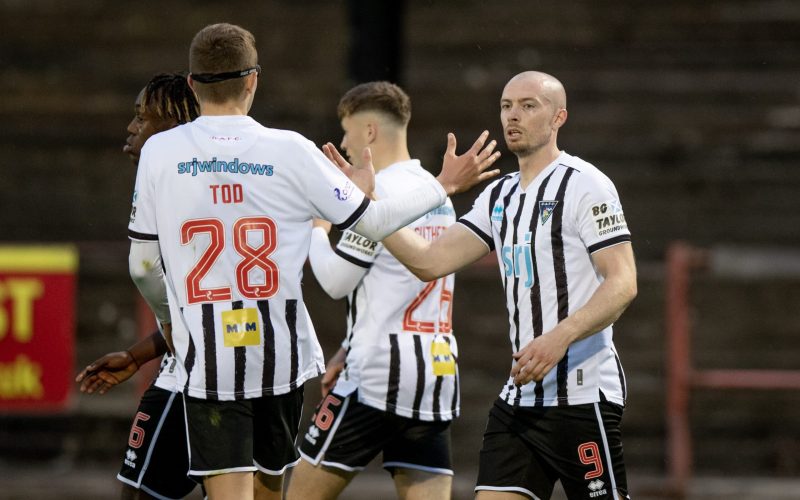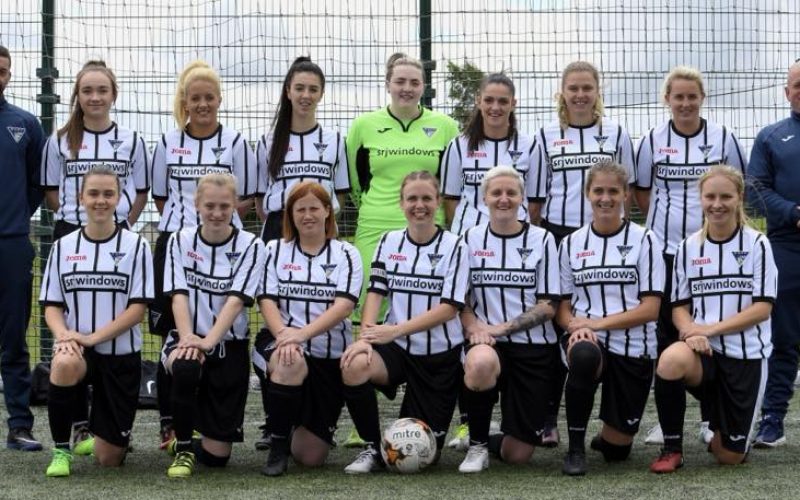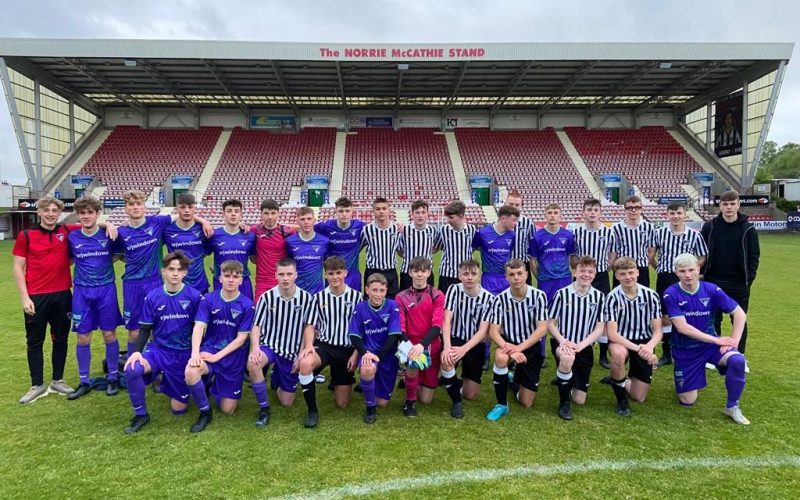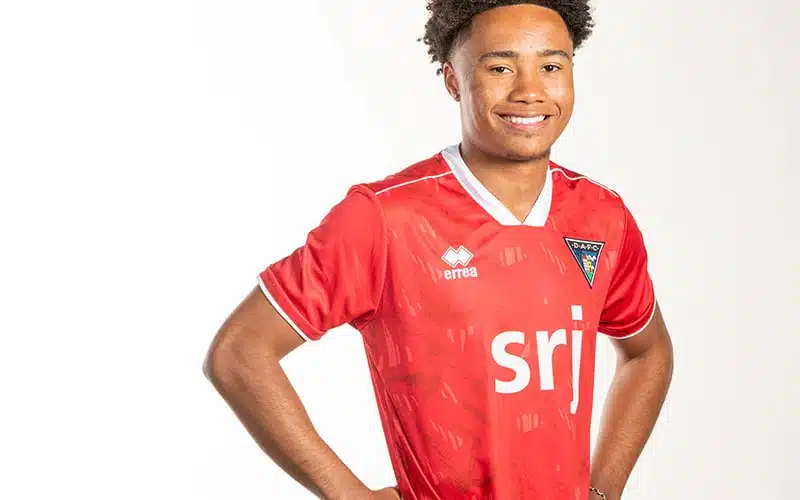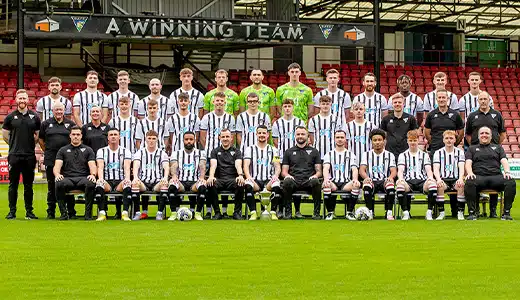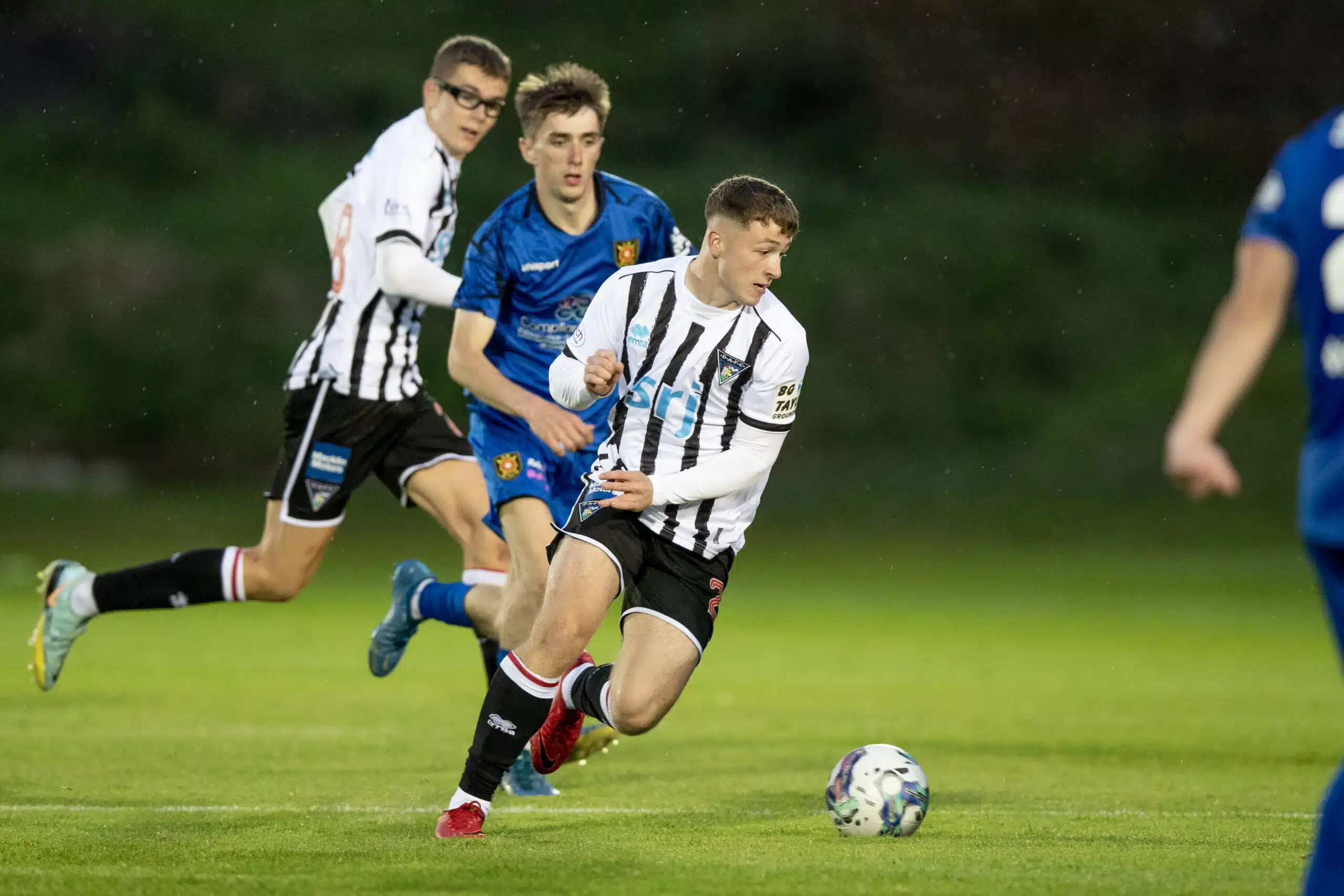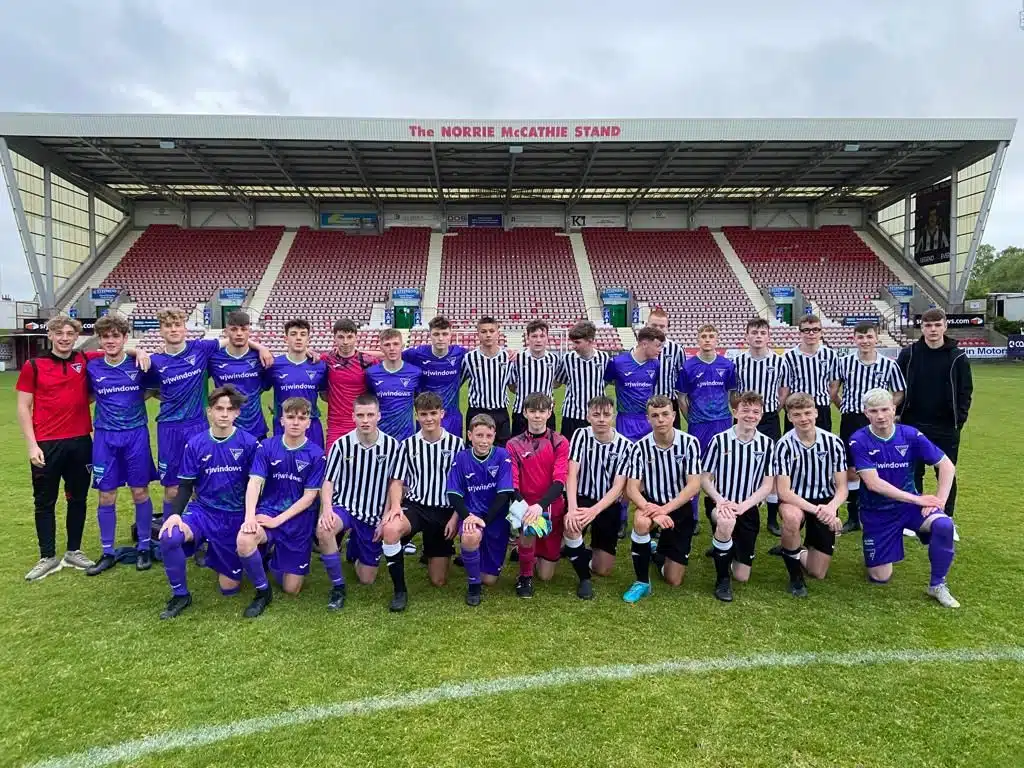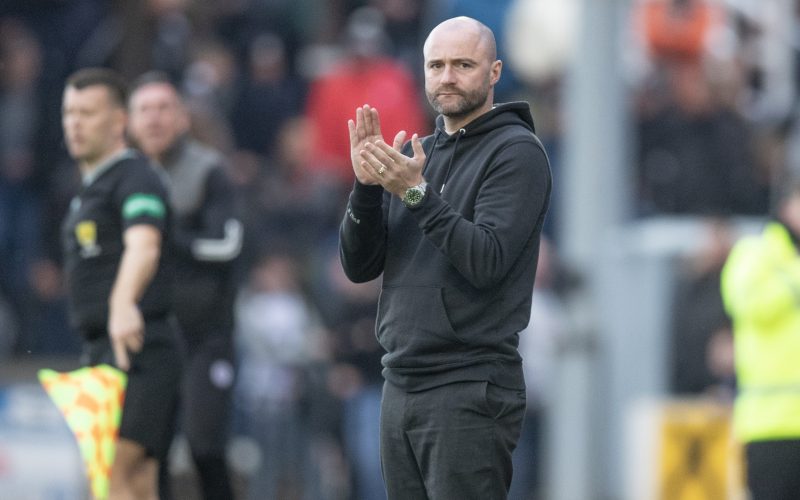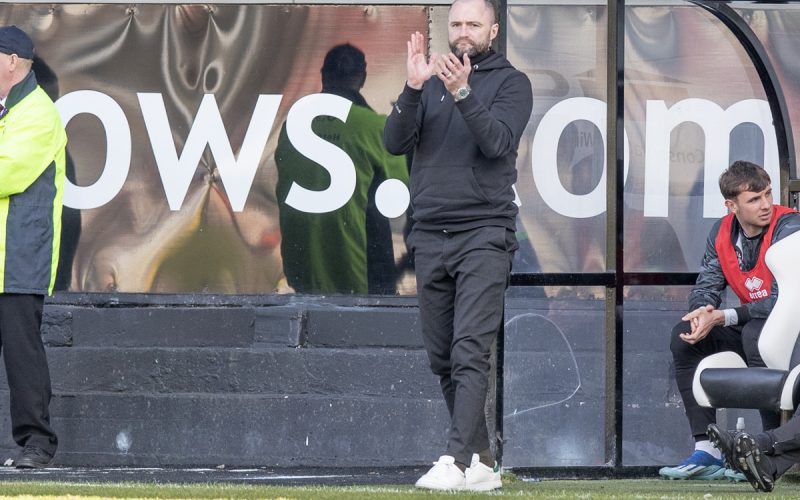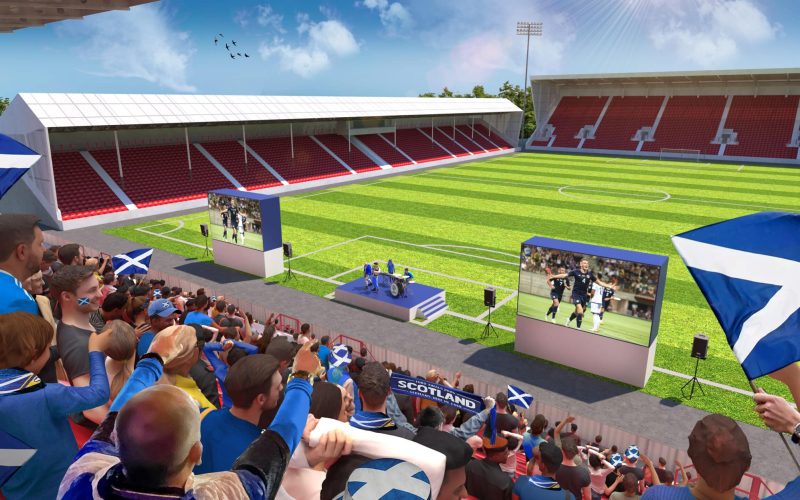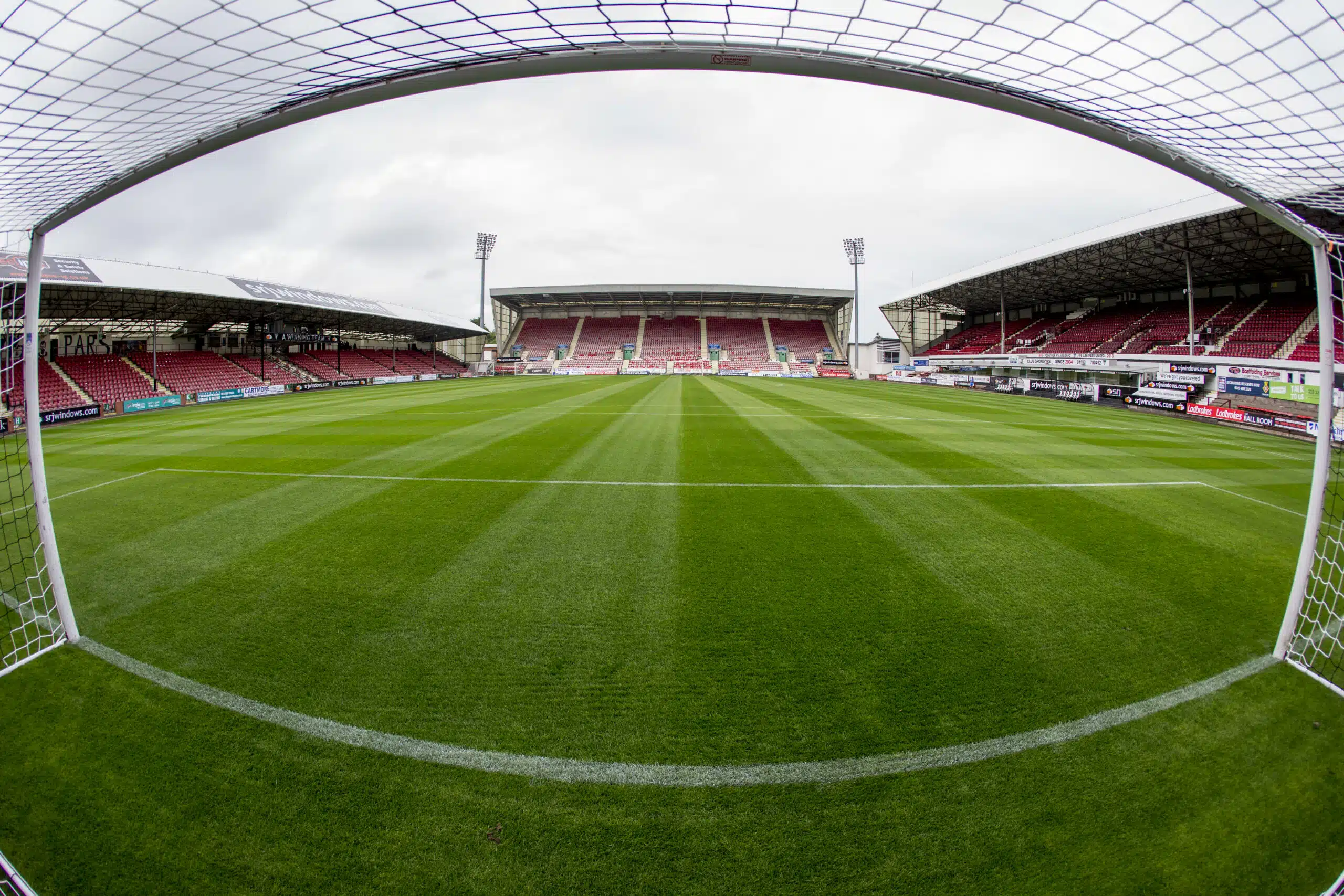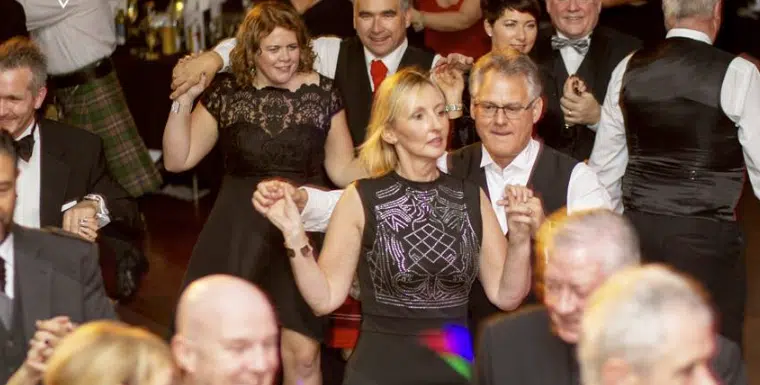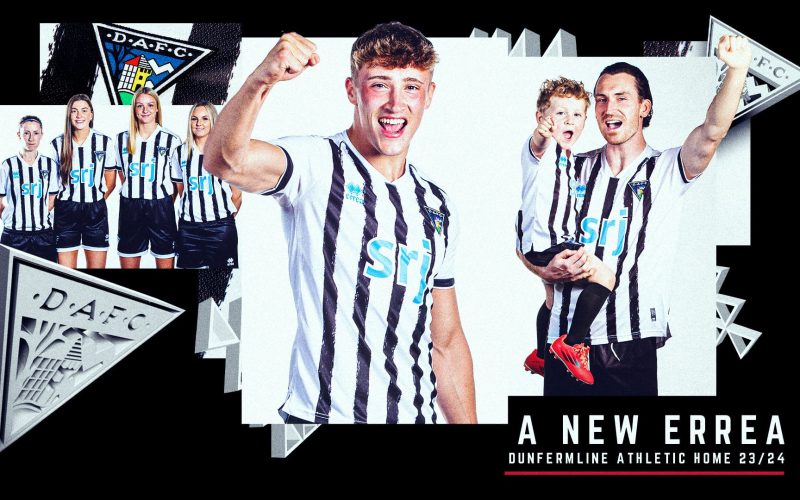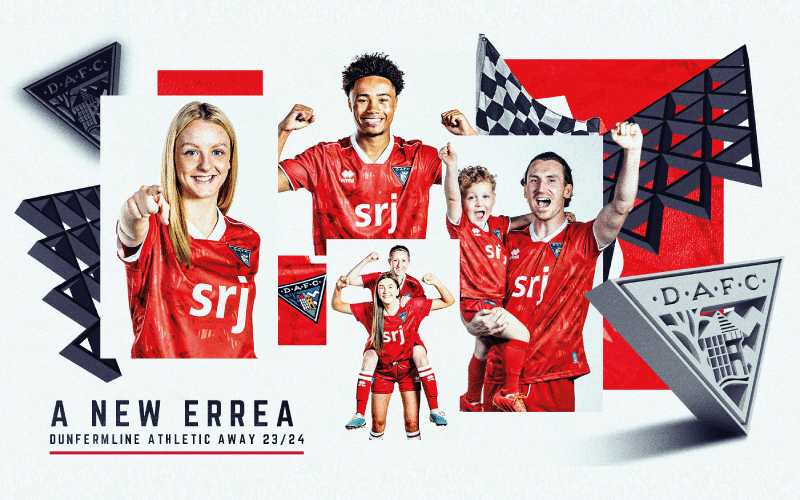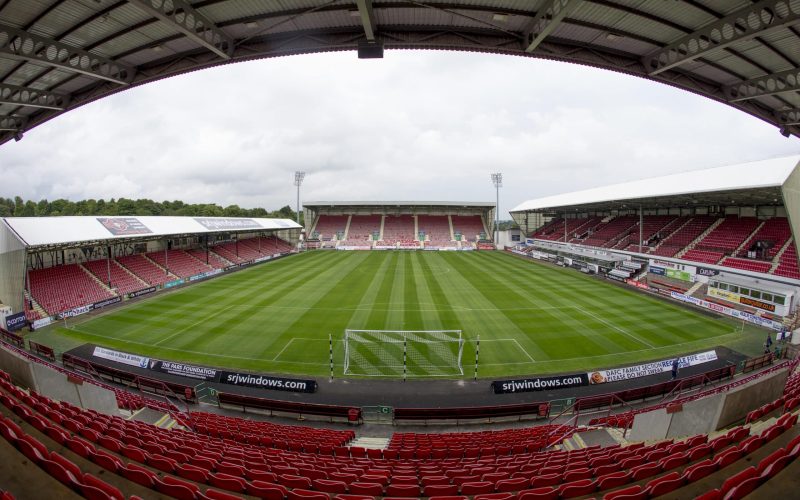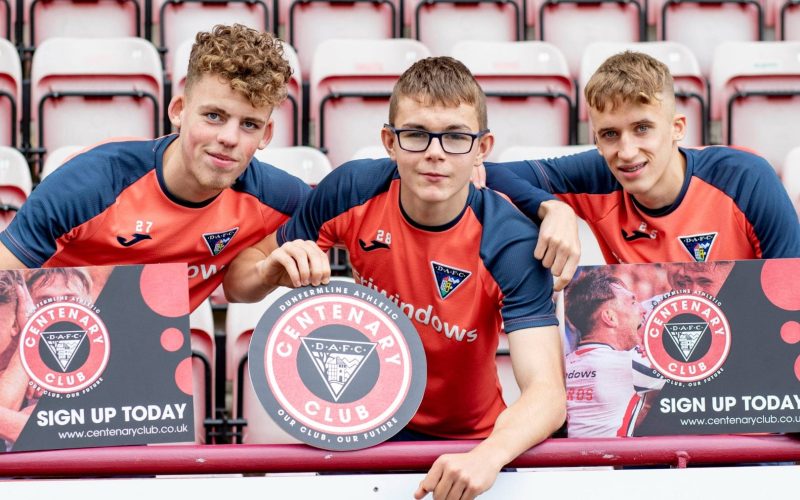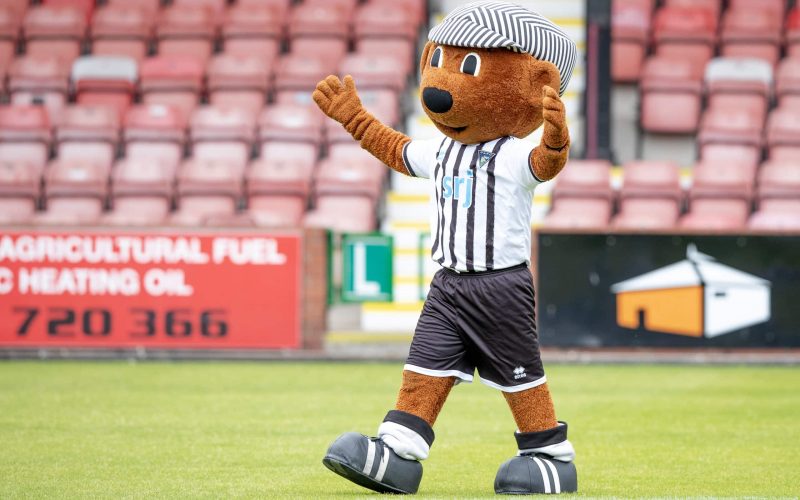Club Historian Duncan Simpson leads the tribute to Harry Melrose.
Everyone at KDM Group East End Park mourns the loss of Harry Melrose, who passed away last week at the age of 88. A true legend of Dunfermline Athletic over a period spanning more than thirty years, Harry showed himself to be not only one of the most talented footballers the club has ever seen, but also a manager who revived the club’s fortunes after it hit one of the lowest points in its history, and then finally as a tremendous ambassador for the club as General Manager and administrator.
Dunfermline was only one of a number of clubs to spot Harry’s potential in his early days with Dalkeith Thistle. The fact that he played twice for Scotland at Junior level at that time increased his exposure and it was to be Rangers who got him to sign for them. His only appearance for the Gers was in the Scottish League Cup semi-final in September 1957, scoring twice in a 4–0 win over Brechin City. Despite that success, the Ibrox club never gave him another chance.

Although Jock Stein is rightly lauded as the man who changed Dunfermline Athletic, not enough credit is given to his predecessor Andy Dickson. Having achieved promotion in 1957/58, and with the support of his Board, in the space of a couple of weeks he laid the foundations of a new-look Pars team. Full-time football was confirmed for the new season, he called up Alex Smith from junior football, and turned down a bid from Liverpool FC for George Peebles. And then remarkably he managed to sign Harry Melrose a few weeks before his 23rd birthday on a free transfer for the Pars on 5th May 1958, despite considerable interest from other clubs. In a brilliant first season his speed, skill and powerful shooting saw him become not only the Pars’ top scorer with 28 goals but also the highest scoring winger in Scotland. On the last day of the season, Dunfermline needed to beat Partick Thistle by a large margin to stand any chance of avoiding the drop and did so thanks to Harry, who scored six in an incredible 10-1 victory to equal the all-time scoring record for a winger in Scottish football.
In 1960/61 Harry was an integral part of the team that lifted the Scottish Cup, playing in all but one of the eight matches, and the following season he netted Dunfermline’s first ever goal in European competition against St. Patrick’s Athletic. His importance to Dunfermline’s European adventure was underlined when he scored the late winner that knocked Everton out of the 1962/63 Fairs Cup.
Having recognised Harry’s ability to read a game, Jock Stein converted him into a very effective inside-forward and during experiments with an innovative 4-2-4 system he became one of the first ‘midfield’ players in Scottish football. In his last full season at East End, he helped the club return to Hampden Park by scoring the opener in the 2-0 semi-final win over Hibs and although he did the same in the Final on 24th April 1965, Celtic came from behind to defeat Dunfermline 3-2.

By the start of season 1965/66, Harry had adapted to a new role coaching and captaining the reserves. However, Aberdeen’s new manager Eddie Turnbull thought that he still had something to offer and paid a fee of £3,000 (perhaps for media purposes this was stated as £10,000) for his transfer on 8th October 1965. In Aberdeen FC’s excellent article about Harry, they talk about Turnbull’s recollection on signing Melrose: “Harry was always a player who I admired for many years. He was an old style inside forward with a very good scoring record. More importantly he was a model professional and I knew I would not have any problems with him. He was well respected in the game and I was convinced he would be a real asset for us.”
Turnbull had to endure a boardroom battle to get his man but there is no doubt about how effective his signing was. The following season he captained the Dons to fourth place in the league, its highest position for eleven years, and once again he came up against Celtic in the Scottish Cup Final, losing 2-0. Eddie Turnbull took ill during that final, resulting in Harry getting his first taste of management when he looked after the Aberdeen team when they played as Washington Whips in a tour of USA in the summer of 1967. He didn’t do a bad job either, as Aberdeen made it to the final.
In February 1969 Harry took over as player/manager of Berwick Rangers, taking over from the man who went on to become Rangers manager, Jock Wallace. He stayed at Shielfield Park for six years during which time he guided the club to sixth place in the old Second Division in 1973/74, at that time its best-ever position. Harry’s contribution as a player was to score 19 goals in his 117 appearances for Berwick. On the Berwick Rangers website, Dennis McCleary commented this week, ” Myself and Eric Tait had a great affinity with Harry, who brought us both into the club in the 1969/70 season, myself in the admin role and Eric as a player from Coldstream. He was totally meticulous in his work and match preparations, keeping a huge book on all of the games, commenting on travel times, player performances including the opposition. We had a very good team in that period too with regular high placings in the league. Also, we used to joke about his time at Dunfermline, in the great forward spearhead of Harry at No 8, Charlie Dickson (9) and George Peebles (10) and nicknamed Dickson as ‘Galashiels’ as he played midway between Melrose and Peebles!”
Back at East End Park in the mid-1970s however, the club was struggling to come to terms with life after league reconstruction and the sudden resignation of George Miller saw his former team-mate persuaded to take over on 10th September 1975. The failure to qualify for the inaugural Premier League was a body blow to a club already suffering severe financial problems and, as crowds dwindled even further, Harry could do little to halt the decline as the Pars slid almost helplessly into the Second Division. After two near misses, promotion was finally achieved in 1978/79. Although Dunfermline consolidated their First Division place comfortably in season 1979/80, and made a good start to the following season as the team were slowly rebuilding, pressure intensified on Harry following a poor run of form, which coincided with an injury to star winger Jim Bowie during season 1980/81. Having suffered a bout of serious illness a couple of years earlier, Harry decided that managing a cash-strapped club was a thankless task and he handed in his notice on 9th December 1980.

It’s worth noting that Harry brought some important and extremely popular players to Dunfermline, such as Bobby Robertson, Jim Bowie, Paul Donnelly, Hugh Whyte, John Salton, Mike Leonard and Sandy McNaughton. Bobby Robertson went on to captain Dunfermline in their first season in the Premier League in 1987/88.
After a period during which his only interest in the game was as a Pars supporter, he returned to East End in May 1990 as general manager but it was as a player that Harry Melrose gained legendary status. His arrival coincided with the Pars being newly promoted to the First Division, but by the time he left in 1965, Dunfermline were a respected top team in Scotland and in Europe, having missed the League title by just a single point. Harry’s part in that success was huge, and his total of 107 goals in 269 appearances remains the third highest in the club’s history behind Charlie Dickson and Bobby Skinner, and remains the highest-ever by a player who is not a striker.
Another Dunfermline great, and one of the younger players around in Harry’s heydays was Bert Paton, and Bert had this to say about Harry’s passing:
“It’s a very sad day. Like me, Harry had a long association with the club by becoming manager after being a player here. I was one of a group of younger players trying to get into the first team in the early 1960s, players like John Lunn, Alex Edwards and Jackie Sinclair. Harry was one of those senior players who was always willing to give advice to younger players. In the dressing room he was a chirpy character, always positive, always happy to advise and support. He moved to Aberdeen where he was still able to do a good job in midfield.”

One of those who knew Harry better than most was former Pars full-back Cammy Fraser. Cammy was famously the youngest player in the 1961 Scottish Cup Final, and someone who relied a lot on Harry’s advice and guidance at that time, as he explained this week:
“Harry basically took me under his wing back in those days, both on and off the park. Harry and his wife Betty lived in Edinburgh and I had a girlfriend who lived in Edinburgh, so I used to stay at their house every Saturday night. Betty was like my surrogate mother – she’d tell me what to do and what not to do, and that was nothing to do with football! But Harry was great with all of the young lads – he didn’t shout at you but with a player of his experience you felt you had to listen to him. He spoke quietly but was always there to give me advice, even at the Cup Final. Those were very happy days for both of us. Hampden Park was such a huge stadium but Jock Stein had us organised regardless of whether it was one thousand or one hundred thousand watching, and we managed to beat Celtic. What a night that was – I have many happy memories of being on that Town Hall balcony with Harry the night we won the Cup.”
Harry’s visits to East End Park in recent times have been few and far between because, despite many offers, he felt compelled to stay at home to look after his beloved Betty who has been ill for a long time. However, he will forever remain as one of the all-time greats of Dunfermline Athletic Football Club.
Our thoughts are with all of Harry’s family at this sad time.
